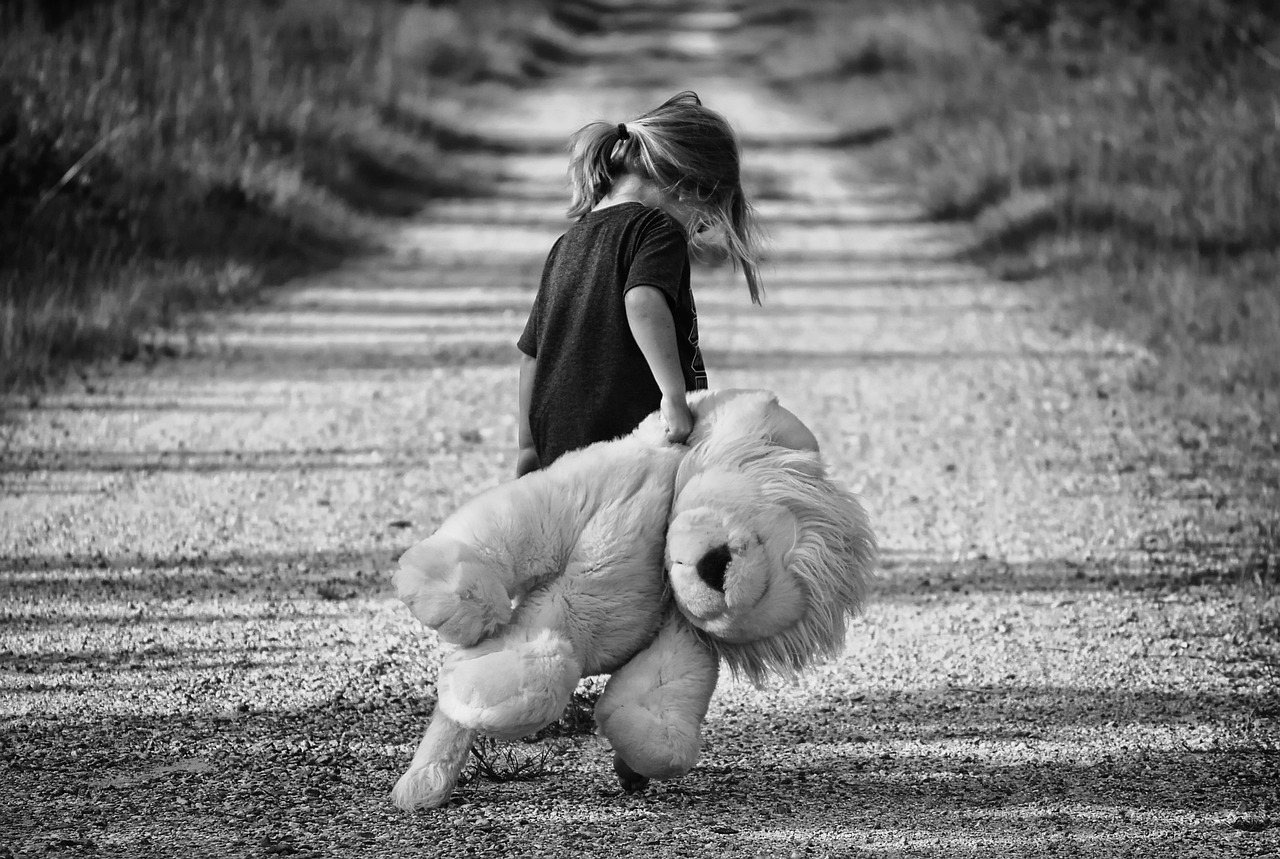Like clockwork, that time of the month rolls around, when my hormonal imbalance leads to mood swings, exacerbating my internal turmoil which I usually manage to conceal.
Our household is familiar with the tempestuous periods marked by anger and rage.
I’ve been reflecting on why I unleash such fury on my husband, Shama. This level of emotional outburst is unprecedented for me in past relationships.
The pattern is predictable: I become irrationally angry, lashing out with hurtful words, while Shama withdraws into silence. As I push him away, both verbally and physically by shutting the door, my frustration grows when he leaves me alone—precisely what I demanded.
This contradiction made me question my true desires in these moments and why I react as I do. This time, I chose to explore the silence rather than stew in anger.
In the quiet, I discovered that my rage intensifies after pushing Shama away because I don’t actually want to be alone. Recognising this, I approached him, expressing my need for comfort rather than distance. I vulnerably admitted, “When I tell you to leave me alone out of anger, what I actually mean is that I don’t want you to walk away and that it’s important you stay by my side and comfort me. So I know it’s hard in that situation, but can you give me a hug instead?” This vulnerability was inviting for Shama to snap out of his shutdown and give me exactly that: a hug. There I was, a fearful young girl moaning so loudly with uncontrollable tears in his arms. After some time, my sobbing ended, and we lay in bed to further explore my emotions.
Why was I so fearful, and what was I defending against? My anger masked a deep fear of abandonment and unloveability, despite knowing Shama’s love for me remained unchanged.
This behaviour mirrored my father’s, who used harsh words and detachment as a defence mechanism against disappointment and hurt. I realised that his approach was a way to maintain control and avoid pain, inadvertently teaching me that love and attention were contingent on being ‘right’ or pleasing others.
Reflecting on these patterns and their origins has been profoundly revealing. The way my parents responded to my actions often left me feeling invisible, instilling a deep-seated belief that I was unworthy of love and attention. This has led to insecurities about my self-worth, heavily influenced by my ability to meet others’ expectations and desires. Recognising this has been a crucial step in my journey towards healing, allowing me to better understand the complexities of my emotions and how they shape my interactions with those I love.
And it isn’t to say that understanding the root of my upbringing and its aftermath is something I am resentful towards my parents about. Quite the opposite. The more I understand myself, the greater my empathy grows towards them. The more you understand things, the more challenging it becomes to judge because your compassion grows with you. This journey of self-discovery not only facilitates my own healing but also fosters a deeper empathy and understanding towards my parents, highlighting the transformative power of compassion and understanding in healing and personal growth.
Navigating the next steps involves a delicate balance: setting boundaries and advocating for them effectively. Compassion does not imply complacency or remaining stagnant in relationships. It’s about lovingly establishing limits that protect my well-being while continuing to nurture connections. This discernment between compassion and boundary-setting is crucial, marking a new chapter in my journey. It’s about finding the courage to stand up for my needs, ensuring that compassion for others does not come at the expense of my own health and happiness.
